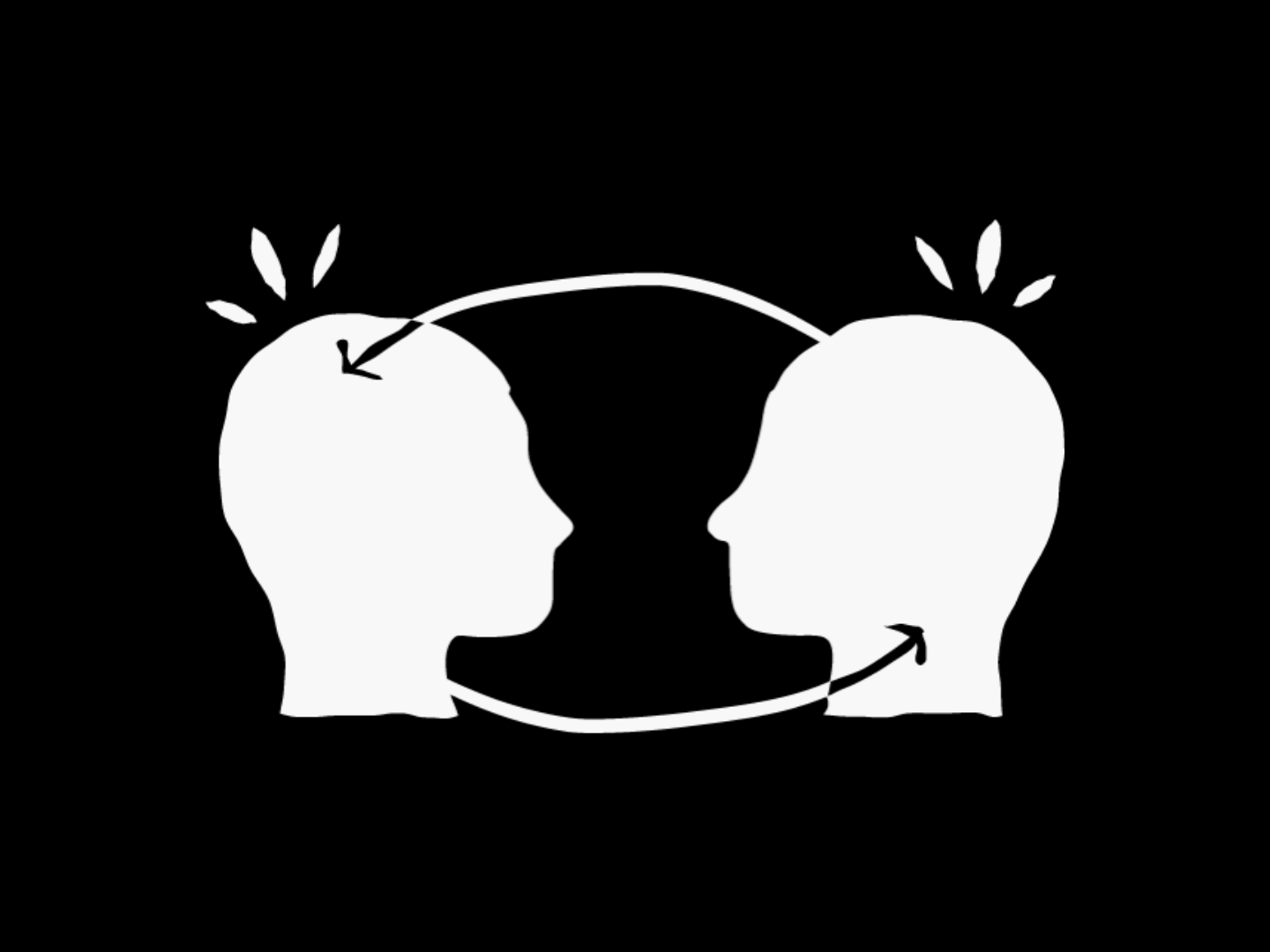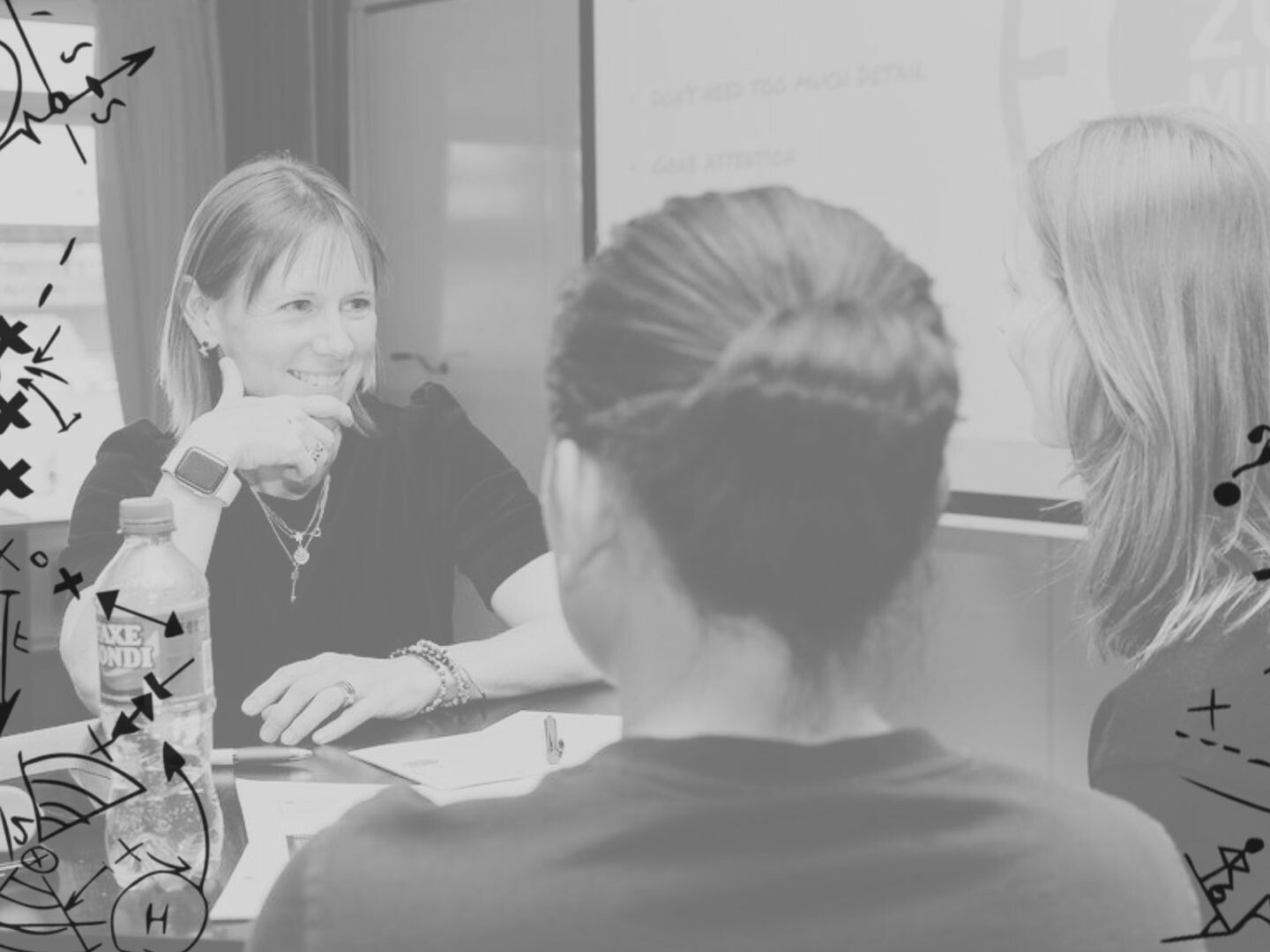One of the privileges of working in the sports recruitment sector is that we get to have insightful conversations with experts across many different high-performance areas. Over the past couple of years, we have completed a number of senior coaching searches and whilst each had its own unique requirements, what we found was a number of shared trends becoming increasingly apparent.
The top candidates, whilst often different in terms of style, background and skill set, often shared common features in relation to their career development, experience, and behaviour.
Here are five common features that we’ve identified.
1) They all put the hours in at the start of their career
Without exception the top coaches we came across mastered their craft through a relentless devotion to coaching during the first few years of their career. Most had stories equivalent to working in the day and coaching in the evening, or coaching with one team in the day and doing extra in the evenings and at the weekends.
These stories of course varied but there was a definite trend in the way that these experiences were talked about. It would have been extremely hard work but the joy and passion that came across meant that they looked back on this part of their career with a great warmth and affection. This experience and challenge clearly played a big part in their development into the type of coach they had become today.
2) They were given a job too early
I remember interviewing three senior coaches back-to-back one particular morning and there being one comment they all made that stuck with me.
They were all explaining a job that they had been given in their career. It wasn’t at the start but often relatively early on, and in all cases, they said,
“…to be honest, it was a struggle at first. I wasn’t really ready and there were days where I doubted my ability to do the job.”
That can be interpreted in a number of different ways but what clearly stood out was a definite self-awareness of who they were alongside a clear determination and resilience to get the job done regardless of the difficulties.
3) They were curious and hungry to learn
Conversations with top coaches fly by as there is a thirst for knowledge that is infectious. Their questions are always thought-provoking and insightful. Their depth of knowledge and coaching experience of course far outweighed mine but if you ever mentioned something of interest that they weren’t aware of there was a genuine interest and curiosity to find out more.
There was a recognition that they didn’t know everything, and they still had scope to learn more. That culture of learning and development I could see being infectious to the players and staff that they worked with, creating a culture of constant improvement where people strive to reach their potential.
4) They don’t criticise people
This is more of a style point, but when looking back at searches the top candidates didn’t criticise when commenting on fellow coaches or teams in the current system. They were clearly comfortable in their own ability and didn’t see the point or need to comment on what others were doing if they couldn’t affect it themselves.
5) They are humble (well, sort of)
There are many examples of great leaders who are humble and unassuming. Whilst this may have been the case in some of the top coaches we have come across this isn’t always the case and there are still those coaches that are extremely confident and certain in their approach that you wouldn’t call self-effacing – they had clear gravitas and knew their strengths.
However, one observation I would make is the clear and common humility in respect of their impact on the overall performance process. They recognise that in the end, it is the players that win the games. Around the players are the numerous support staff and experts who guide and develop. They also recognised, if not publicly, that often there was an element of luck in many of their successes.
On several occasions I’ve heard similar comment such as, “I can do my bit but once they are over the white line there is nothing more I can do.”
Related Posts
Building high-performance environments off the pitch in elite sport
September 28, 2023
0 Comments8 Minutes





